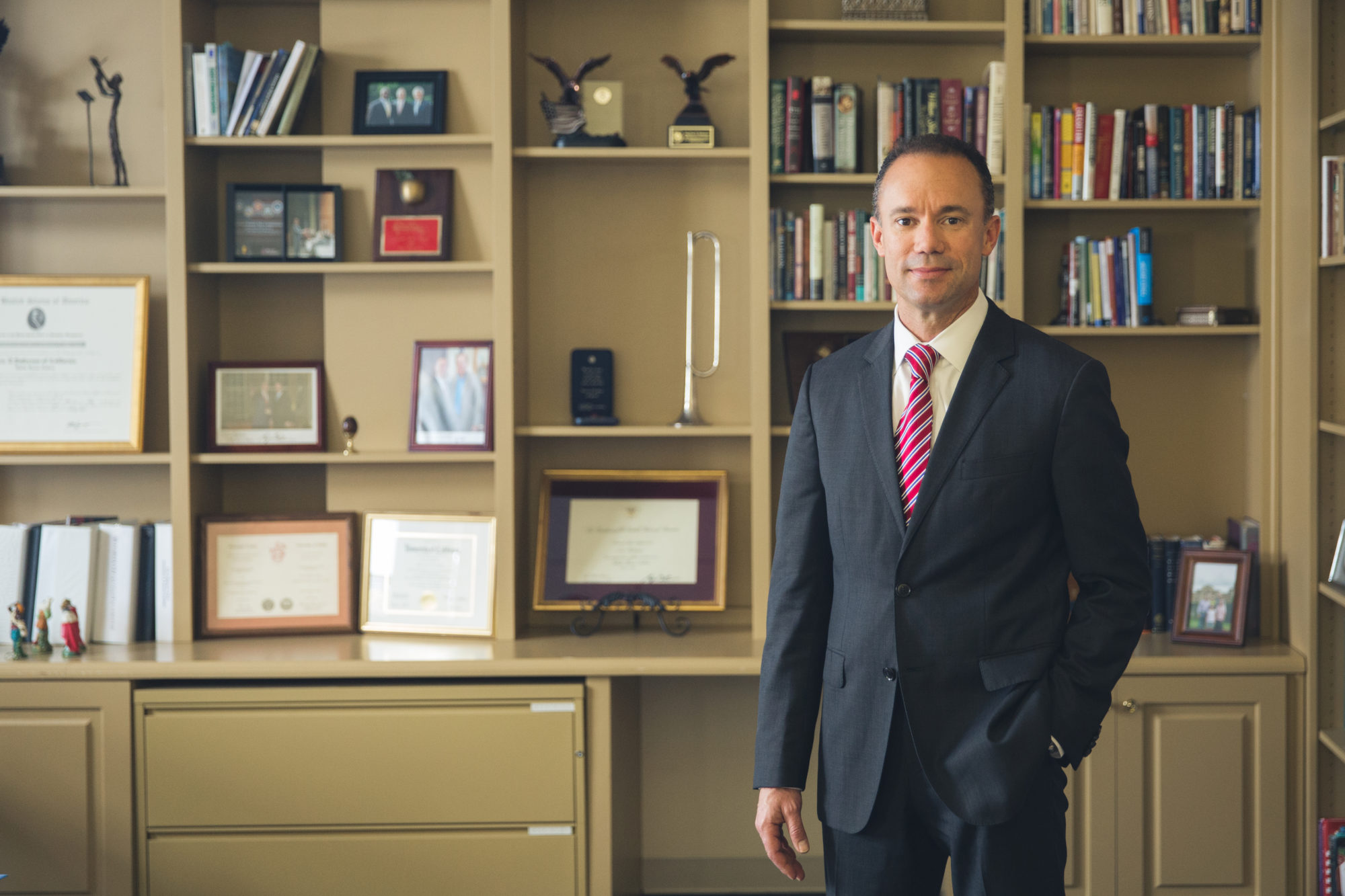The violence against Nigerian Christians has recently entered a new, deadlier phase. Unless conditions on the ground change, Nigeria’s Middle Belt Christians face death or expulsion in many areas. Moreover, if Nigeria’s destabilizing violence continues, it could be the next catastrophic state failure, sending shockwaves across West Africa.
Nigeria, a country of 214 million people, is about evenly split between Christians and Muslims, but a more telling statistic is that there are over 500 language dialects and hundreds of tribal groups. This is a country where people pride themselves on their ethno-linguistic and religious heritage, whether they are Hausa or Fulani (primarily Muslim) or Yoruba or Ibo (typically Christian). Thus, competition for resources, patronage, or influence takes on an Us vs. Them character that often escalates into a cycle of communal violence.
Nigeria is the strategic anchor of West Africa: its population dwarfs neighboring countries such as Ivory Coast (27 million), Togo, (8 million) Sierra Leone (8 million), and Liberia (6 million). Its oil deposits, on- and off-shore, and many other natural resources, should make it a reasonably wealthy country, although corruption and violence are endemic. But increasingly, terrorist impunity, criminality, and ethno-religious violence are tearing the country apart. If the government in Abuja loses control, or parts of the country fall into lawlessness and even civil war, we could have an implosion on the scale of Zaire’s 20 years ago, when up to 4 million people died due to violence, plague, and famine.[1]
For skeptics who think the situation in Nigeria isn’t bad and getting worse, a few statistics render the problem in startling detail. According to Open Doors, in 2019 1,350 Christians were killed in the Middle Belt, a band of provinces running east to west in the middle of the country. That number represents approximately one-third of all global Christians killed for being Christians in 2019.[2] Indeed, attacks on churches, clergy, and laity are part of the reason that the United States Department of State put Nigeria on its 2019 “special watch list” of religious freedom violators, in company with the likes of Sudan and Cuba.
There are at least three worrying trends in Nigeria: Islamist outbidding, attacks on clergy, and criminal impunity. The first, outbidding, refers to the way that groups try to outdo one another in dramatically demonstrating their strength or steadfastness to a cause. Outbidding becomes grotesque when rival groups, such as Boko Haram and its local competitor, Islamic State of West Africa (ISWA), try to outdo one another in the outrageousness of their behavior.[3] For instance, on January 19, 2020, ISWA posted a video of a Muslim child executing an adult Christian male. These violent Islamists glorify torture, rapine, destruction, and pillaging their enemies, and celebrate on the platforms of modern media.
The second trend is the growing impunity with which armed groups, such as the Fulani “herdsman,” act. When law enforcement is weak, insufficient, cowering, or looks the other way, criminals and terrorists are emboldened. That is precisely what is happening in Nigeria as old competitions for resources, between established farmers and townspeople vs. semi-nomadic herdsman, become increasingly vicious. Today’s Fulani herdsman is armed with modern weapons and smartphones and enabled by weak public security institutions. Christians, and other Nigerian citizens who are in the way, are victims of an increasingly volatile situation. Some of the attackers are deliberately invoking the incendiary language of jihad.
A third worrying trend is the increase in attacks on moderate religious voices and recent escalating violence targeted at Christian clergy. For many years, Boko Haram has attacked moderate Muslims in Muslim-majority northern Nigeria, blowing up mosques and assaulting imams who have not supported their radical views and behavior. Of course, Christians have also been targets of Boko Haram. But we have seen an increase in attacks, especially in the Middle Belt, on pastors, priests, and those preparing for the ministry. Clergy are not armed enemies, so why attack them? Militants attack clergy because they represent Christ and the church.
Indeed, the representational slaughter of Christians is a strategy for groups like ISWA. They do it because they are trying to send a message worldwide, a message of hatred and violent jihad. During Christmas week 2019, ISWA published a video of the execution of 11 Nigerian Christians. The murderers proclaimed, “This message is to the Christians in the world.” To be clear, they are broadcasting a global call to hate and violence.
Nigeria is a beautiful country with tens of millions of people who do not want to see their neighborhood, and their country, fall into chaos and violence. The international community must take a stand, lest Nigeria disintegrate and cause regional shockwaves that would cause far more death and destruction than we saw when Libya or South Sudan unraveled. But what is to be done?
Because Boko Haram and ISWA have killed far more Muslims
than Christians, and because a spiral of violence indiscriminately kills the
vulnerable, regardless of their faith tradition, the world’s Christians and Muslims should be pushing their
governments to prod Abuja to do more, including major international security
assistance, to stop the violence. This is an area for diplomacy and action
where Muslim-majority countries and the West can largely agree: sectarian
violence in Nigeria needs to stop. Stopping it is in the best interest of all
Nigerians, their neighbors, and the world.
[1] Scholars call the period 1996–2004 the First and Second Congo Wars in what is today’s Democratic Republic of Congo (formerly Zaire). The stats for this shocking war are summarized here.
[2] Open Doors provides a series of articles on this issue, available here.
[3] Islamic State-West Africa is often called Islamic State-West African Province or ISWAP.







 Sponsor a student for Christianity & National Security 2024
Sponsor a student for Christianity & National Security 2024